Student protests are popping up all over the United States, Europe, Canada and Australia. The United States alone has had protests on college campuses from coast to coast. UW-Madison and UW-Milwaukee were just two of the many colleges to join in the global protests recently.
You might be asking what students all around the world are protesting? Students are protesting the United States involvement in Israel’s attacks in Palestine.
As stated in the Washington Post, On Oct. 7, Hamas militants launched an unprecedented cross-border attack on Israel that included the taking of civilian hostages at a music festival. Israel declared war on Hamas in response, launching a ground invasion that fueled the biggest displacement in the region since Israel’s creation in 1948.
As stated on BBC, The Gaza Strip is ruled by Hamas, an Islamist group which is committed to the destruction of Israel and is designated as a terrorist group by the UK and many other countries.
Since the initial attack on October 7, 2023, Israel has launched almost daily airstrikes on the Gaza Strip in Palestine. Casualties are being updated daily. According to AlJazeera updated on April 30, 2024, more than 34,000 people have been killed in Gaza including more than 14,500 children killed and 8,400 women, more than 77,500 people have been injured and more than 8,000 people are missing in Gaza as well.
There have been an additional 491 people killed and 4,800 injured in the occupied West Bank.
Whereas, in Israel 1,139 people were killed and 8,730 more people were injured.
As of April 30, 2024, Israeli attacks have damaged more than half of Gaza’s homes, 80% of commercial facilities, 73% of school buildings, 11 out of 35 hospitals are partially functioning, 83% of groundwater wells are not operational and 267 places of worship.
The Israeli attacks on Gaza have been devastating to the people and country. These attacks have been labeled as a genocide by many across the world and have sparked global protests. College students are leading protest efforts against Israel and the United States involvement in the conflict.
The United States Department of State published a bilateral relations fact sheet in 2021 showing U.S. relations with Israel. The United States has had a long-standing relationship with Israel as we were the first country to recognize Israel as a state in 1948. Since then, the United States and Israel have signed a 10-year Memorandum of Understanding (MOU) in 2016. The MOU states that the United States annually provides $3.3 billion in Foreign Military Financing (FMF) and $500 million for cooperative programs for missile defense.
The Council on Foreign Relations states that Israel has been the largest cumulative recipient of U.S. foreign aid since its founding, receiving about $300 billion (adjusted for inflation) in total economics and military assistance. The $3.3 billion a year provided to Israel through the FMF program funds Israel’s purchases of U.S. military equipment and services.
There has been some variety amongst demands from the protests. However, most are calling for the universities to divest from companies with financial ties to Israel. For example, UW Milwaukee’s student protest’s primary demand is for the university to disclose all financial assets and investments linked to the UWM Foundation and end any connections with the occupation of Palestine.
UW-Madison Students for Justice in Palestine (SJP) have joined the nation in protesting this week. The Daily Cardinal, UW-Madison’s independent student newspaper, continues live coverage of the pro-Palestinian protests on Libray Mall.
Columbia University in New York City has been at the center of pro-Palestinian protests with many colleges following in suit. Schools have begun suspending and arresting students refusing to vacate their encampments on school property.
AlJazeera updated on April 29, At least 900 students and faculty members have been arrested in the US over the past 10 days as protesters continue to demand a ceasefire in Gaza and divestment from companies enabling Israel’s nearly seven-month war on Gaza.
Students are not only being arrested and suspended but some colleges are moving classes online and some commencements are being canceled in response to the student protests.
Student protests have a long-standing place in American history as the mobilization of students has had serious impacts on social movements. Student protestors played a vital role within the Civil Rights Movement where they participated in sit-ins, boycotts, and marches protesting racial injustices. The Civil Rights Movement is just one example of the many student-led protests in the United States. USA Today outlined the United State’s history of student-led protests.
Students also protested the Vietnam War in the 1970s. Students at Kent State University in Ohio started protesting the Vietnam War and the U.S. invasion of Cambodia. In response, the National Guard opened fire on the antiwar protests which killed four and injured several more. The shooting of student protesters led to a nationwide student strike that forced hundreds of colleges and universities to close.
Nationwide student protests also sparked across the country in the 1980s calling for universities to cut ties with groups that supported South African apartheid. During these protests, Columbia University was once again at the center of the movement similar to what we are seeing now with the Pro-Palestinian protests.
College students, usually composed of young people ranging from 18 to 24, have long been vocal in their opinions and beliefs. We have seen this time and time again as students continue to mobilize to demand change. Israel’s attack on Gaza being the most recent issue for students across the United States, and the world, to protest.
Mass arrests and suspensions of student protestors is not uncommon for the United States. However, history begs the question; when have arrests and suspensions ever successfully put an end to the protests? In most cases, it only adds more fuel to the fire- sparking more and larger protests on campuses across the country. As we have seen in recent days, faculty members are now walking out of universities and joining in the student protests.
Amid the hundreds of student protests, we ask one question, when has arresting and silencing student protesters ever been a good idea?
The American Civil Liberties Union states, “The First Amendment protects your right to assemble and express your views through protest. However, police and other government officials are allowed to place certain narrow restrictions on the exercise of speech rights. Make sure you’re prepared by brushing up on your rights before heading out into the streets.”
Know your rights. Use your voice. Protest peacefully.
Please direct questions to [email protected]

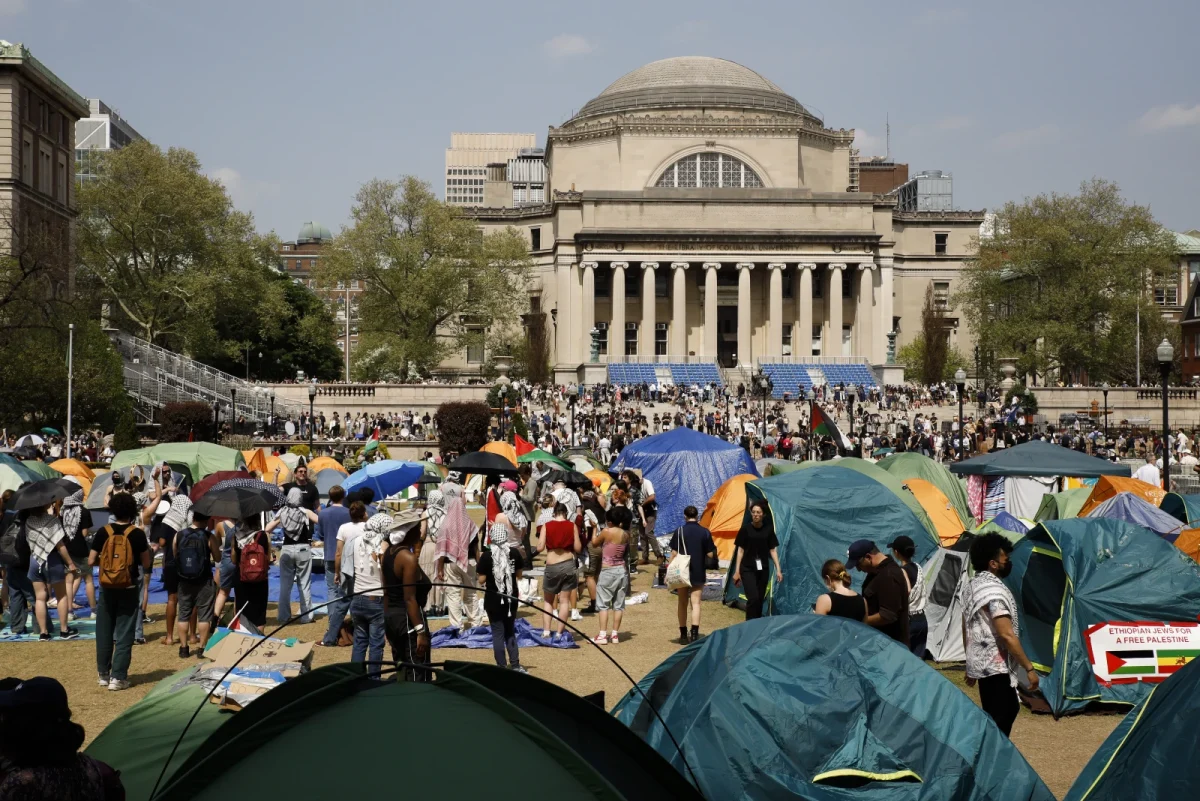
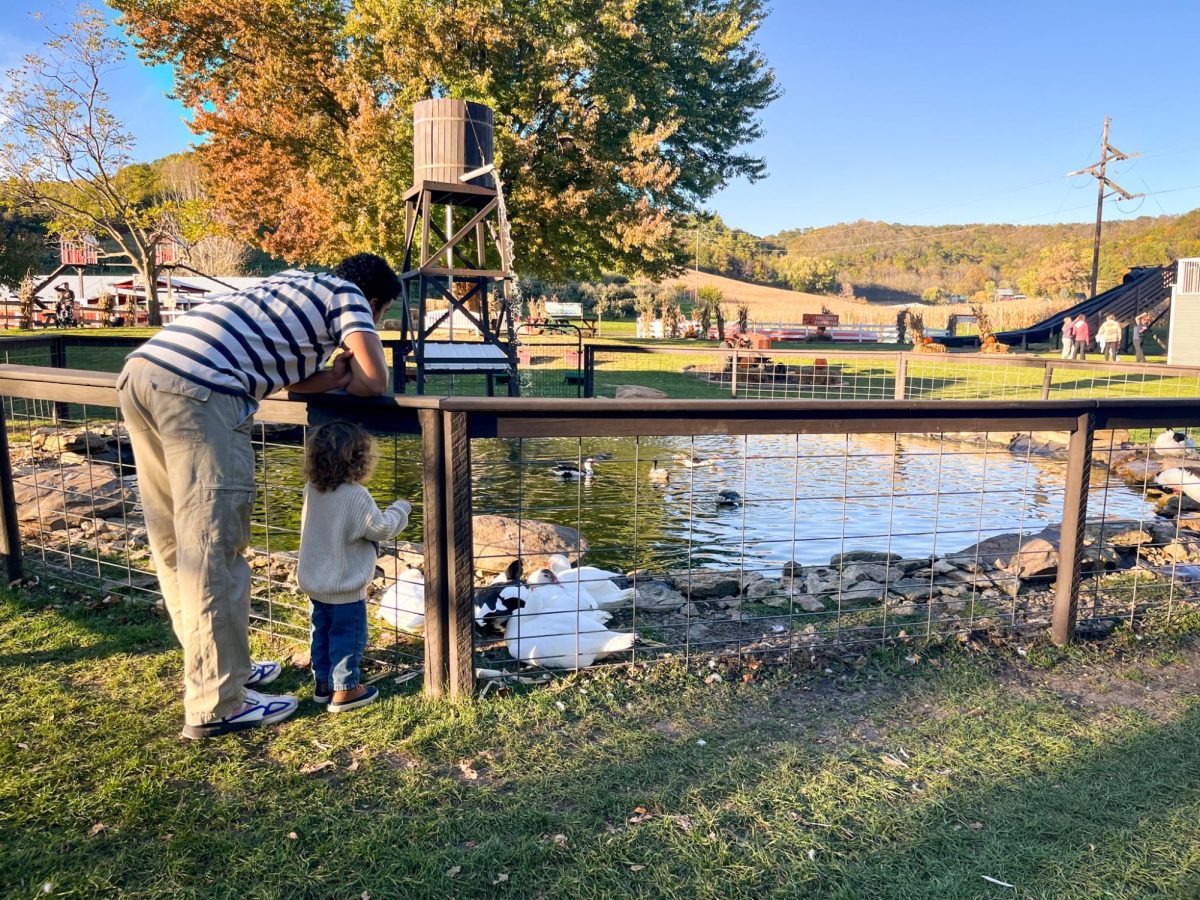
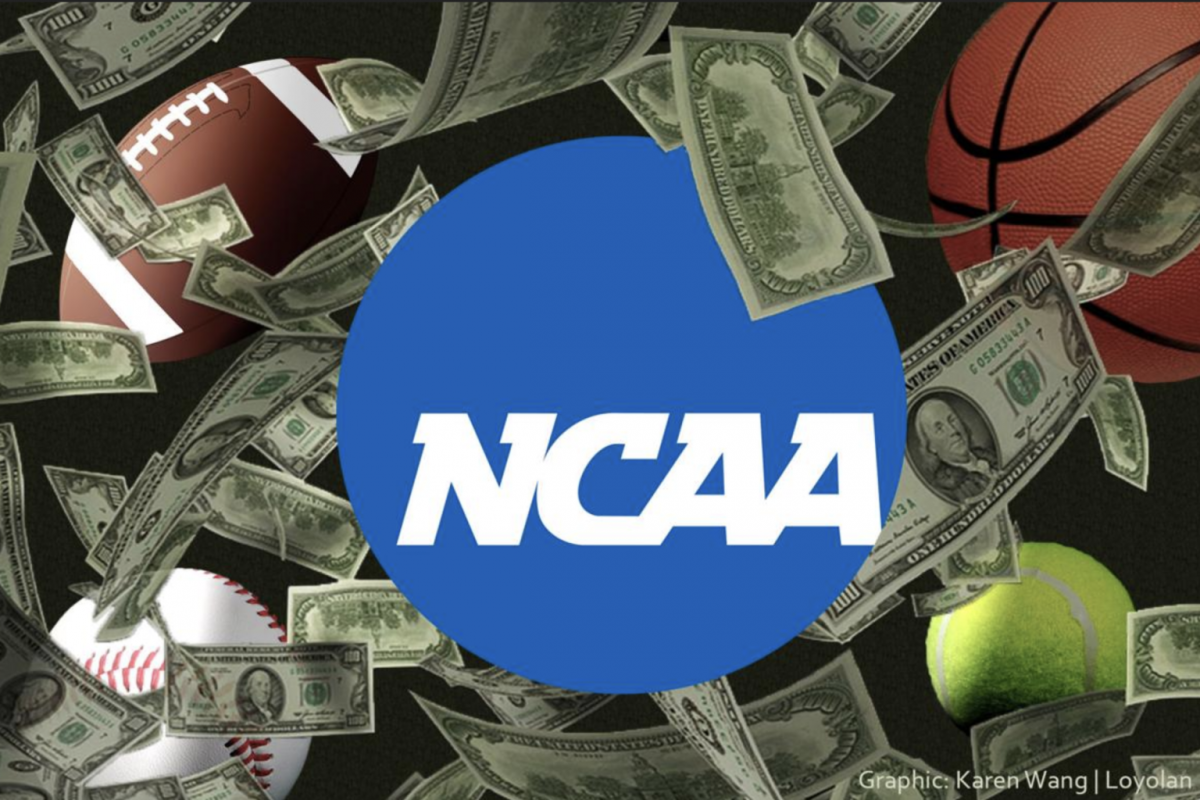
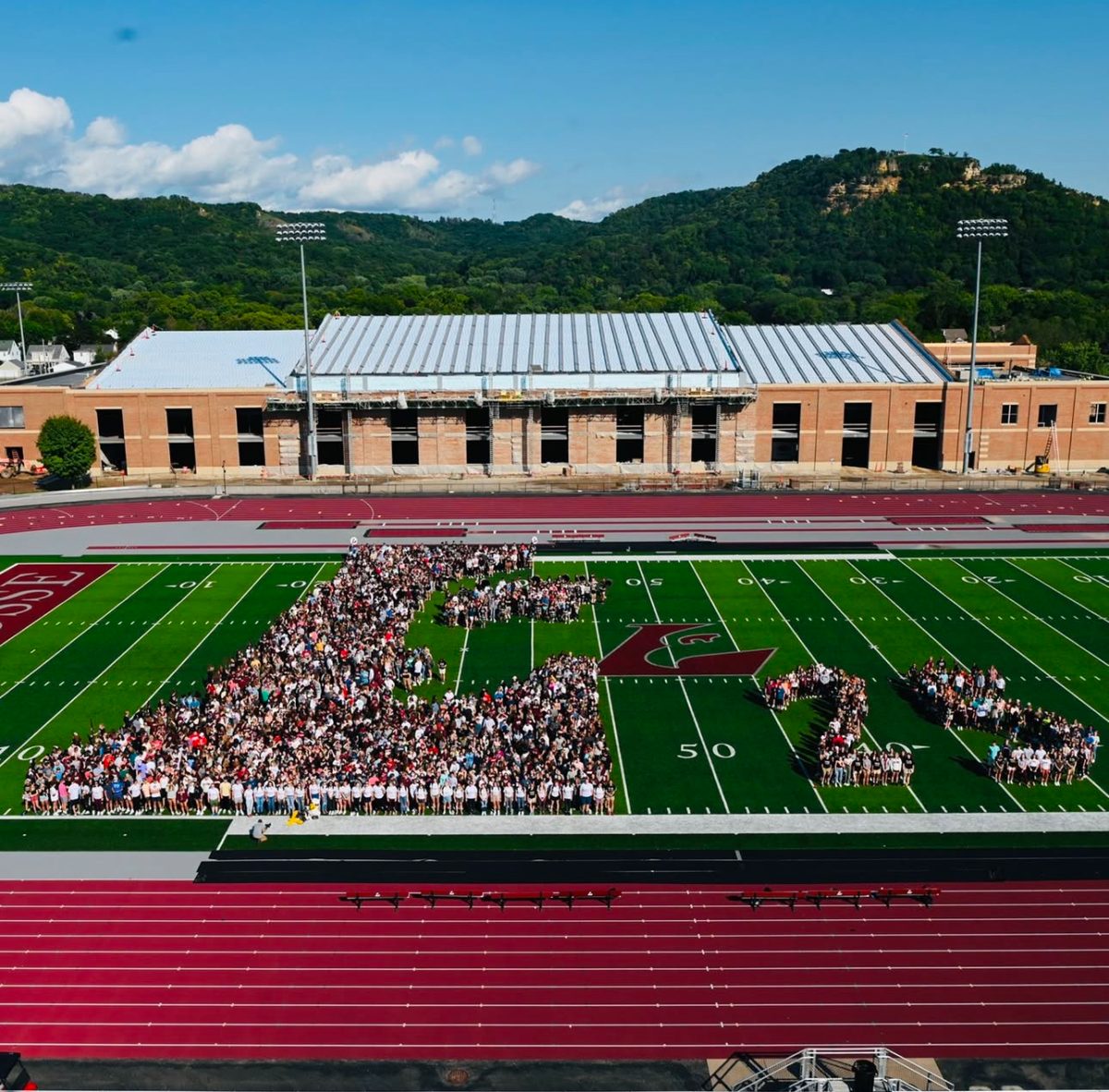

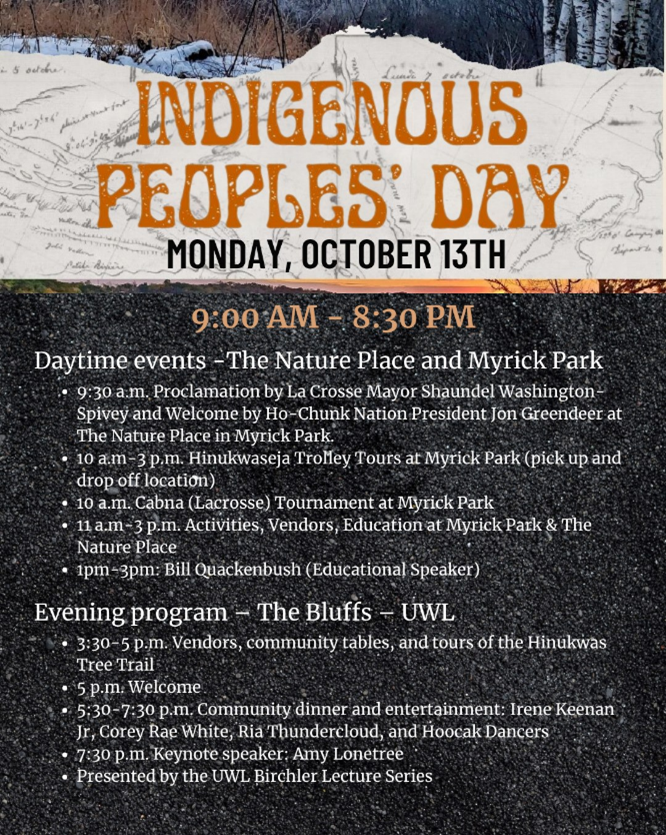
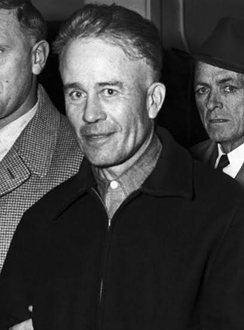
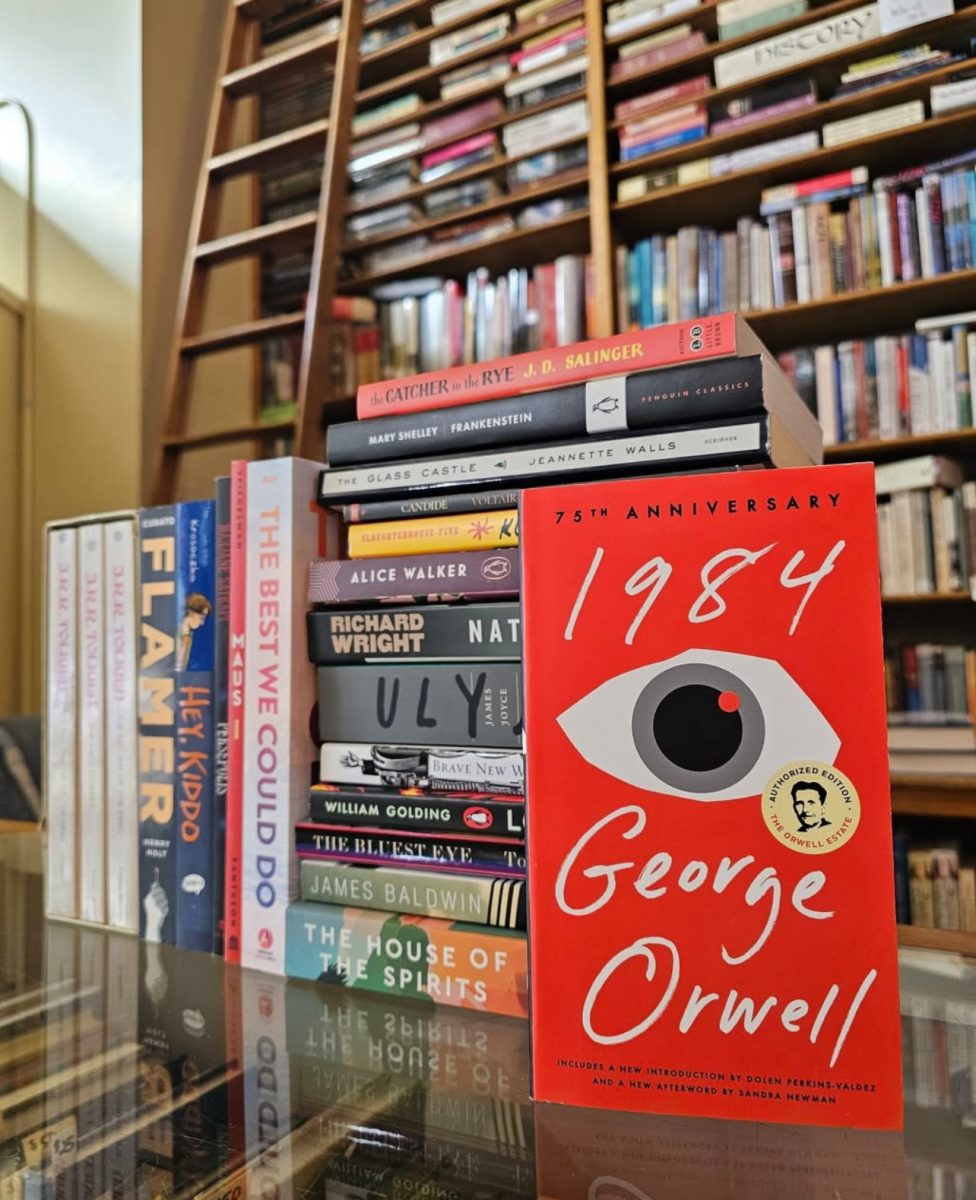
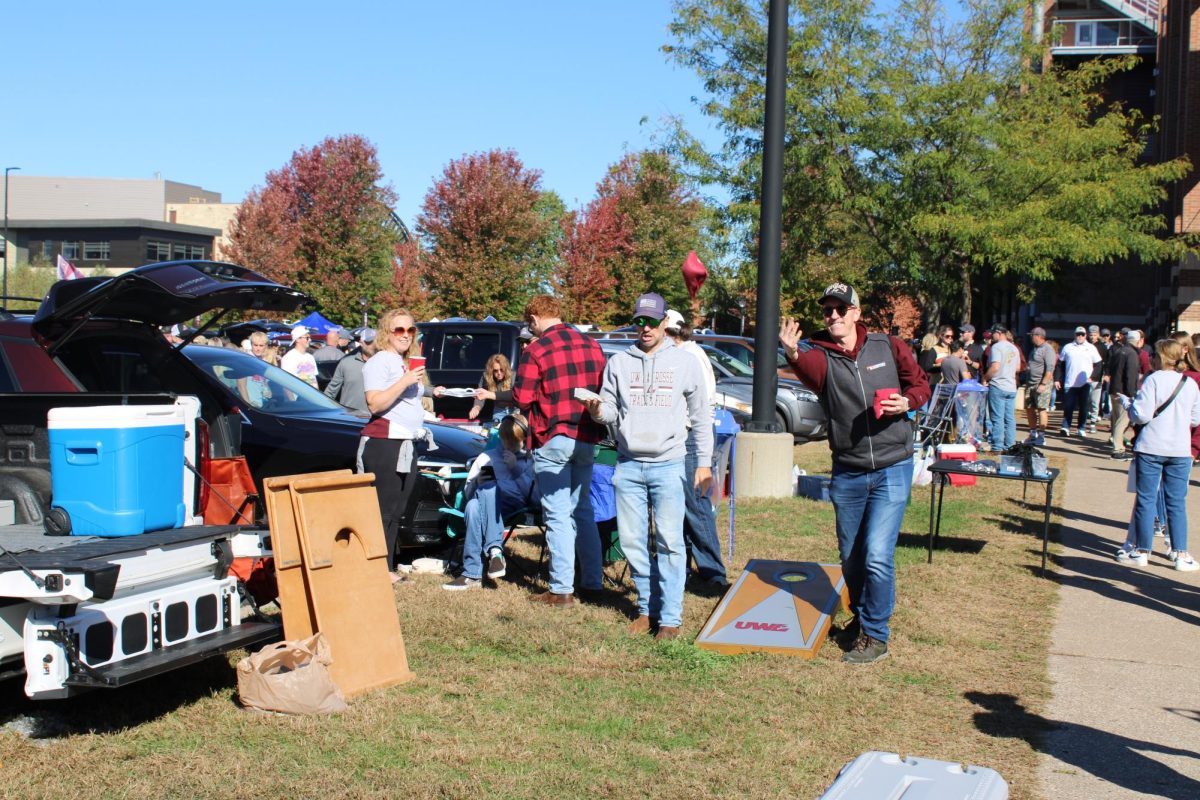
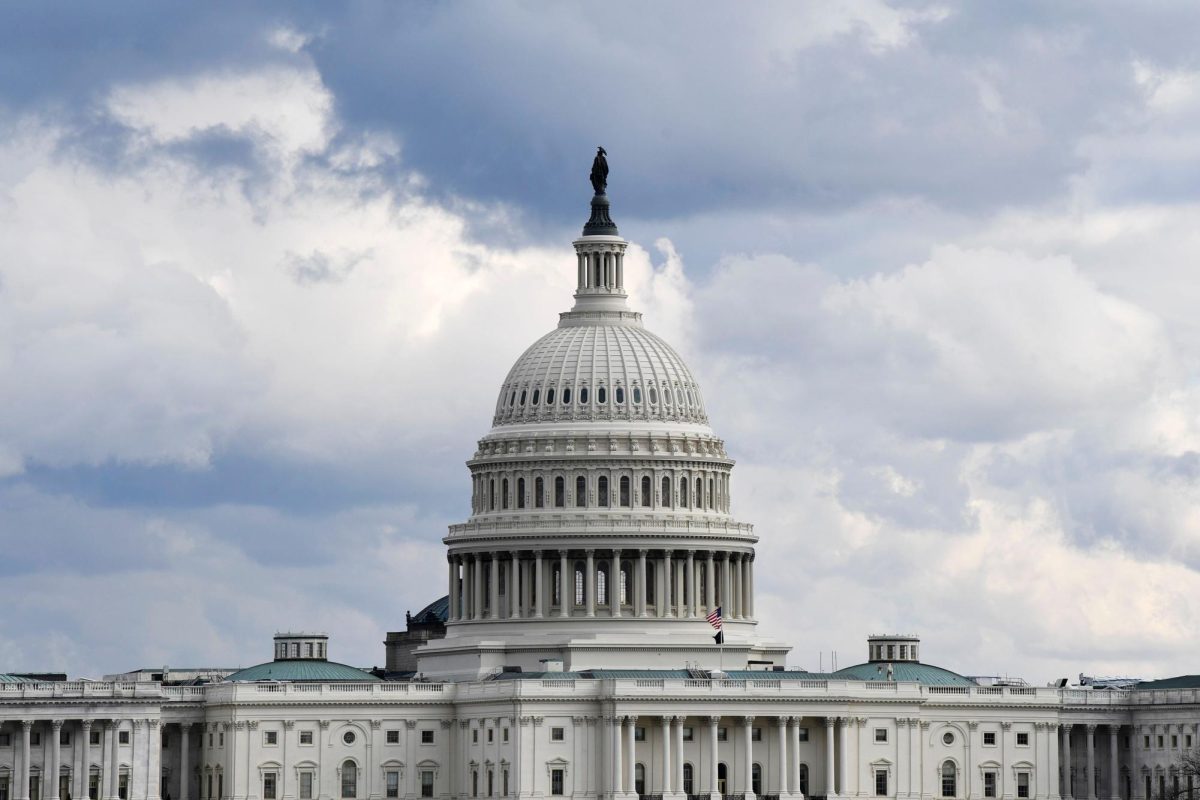

Tom Pribek • May 1, 2024 at 11:15 am
Under the reign of Joe Gow & his Good Stories Protocol, this topic could not be allowed anywhere at UWL, but especially in a classroom. Let us hope we have emerged from his darkness.